Brussels, 23rd April 2024
The Federation of the European Sporting Goods Industry (FESI) welcomes the European Parliament’s approval of the revised Ecodesign for Sustainable Product Regulation (ESPR) as a step forward to improve the circularity and sustainability of products put on the EU market. However, FESI remains deeply concerned about the provision prohibiting the destruction of unsold goods, fearing potential negative impacts on legitimate brand operators.
“Today’s adoption of the Ecodesign for Sustainable Product Regulation represents a landmark achievement in our collective efforts to build a more sustainable European economy. FESI remains committed to collaborating with policymakers and stakeholders to ensure that this Regulation facilitates sustainable innovation while addressing industry-specific needs and challenges.”, stated Jérôme Pero, FESI Secretary General.
The proposal for the Ecodesign for Sustainable Products Regulation (ESPR), introduced in March 2022, is set to replace the current EU Ecodesign Directive. It extends Ecodesign requirements to various new product groups, such as textile goods, using sector-specific delegated acts to tailor the regulation to specific needs of a variety of product categories. Focusing on sporting goods, FESI emphasises the need to recognize the difference between leisurewear and high-performance sportswear in shaping future ecodesign requirements, ensuring that both categories can thrive sustainably.
Furthermore, FESI warmly welcomes the introduction of the Digital Product Passport (DPP) as a major tool for communicating product information requirements. The sporting goods industry views the DPP as a significant step towards achieving circularity, offering as well an opportunity for enhanced harmonisation across various EU legislation while promoting transparency and accountability.
However, FESI remains deeply concerned about certain provisions within the proposed Regulation, particularly linked to the ban on the destruction of unsold goods. While we acknowledge the necessity of minimising the destruction of saleable goods, the current scope leaves economic operators with uncertainty regarding certain types of goods that infringe intellectual property rights. FESI therefore advocates for targeted derogations and legal clarity for products such as counterfeits and those that cannot be sold due to legal limitation, to avoid unintended consequences and potential misalignment with other EU legislations. Additionally, if we want to boost textile-to-textile recycling in the EU, recycling should not be classified as “destruction”. Clear differentiation is essential to foster a conducive environment for sustainable practices across the sporting goods industry.
Following the vote in Parliament today, the ESPR now only needs to be approved by the Member States during a Council meeting set to take place at the end of May. FESI remains committed to engaging constructively with policymakers and stakeholders to address the remaining concerns and upcoming development of sector-specific delegated acts, while advancing sustainability objectives within the European sporting goods industry.
***
About FESI: Founded in 1960 FESI, the Federation of the European Sporting Goods Industry, is the unique pre-competitive platform representing the interests of the sporting goods industry in Europe, advancing its members’ priorities and promoting initiatives that benefit the sector, EU citizens and the society as a whole. FESI represents the interests of approximately 1.800 sporting goods manufacturers (85% of the European market) through its National Sporting Goods Industry Federations and its directly affiliated member companies. 70-75% of FESI’s membership is made up of Small and Medium Sized Enterprises. In total, the European Sporting Goods Industry employs over 700.000 EU citizens and has an annual turnover of some 81 billion euro.
Media contact: Ariane Gatti – FESI Communication & Policy Manager / [email protected] / +32 (0) 2 762 86 48

